Your dead cease to love you and the land of their nativity as soon as they pass the portals of the tomb and wander away beyond the stars. They are soon forgotten and never return. Our dead never forget this beautiful world that gave them being. They still . . . yearn in tender fond affection over the lonely hearted living, and often return from the happy hunting ground to visit, guide, console, and comfort them. -- Chief Seattle
There is perhaps nothing more reviling about disenrollment, than the disenrollment of ancestors, or what offending tribes call "posthumous disenrollment."
It has happened at Saginaw Chippewa, at Las Vegas Paiute, at Robinson Rancheria, and most recently, at Grand Ronde. And it could happen to your ancestors, and to you.
The reason the offending tribes--or more precisely, their lawyers--or even more precisely, their non-Indian lawyers--disenroll the dead is because many IRA tribal constitutions include language that says if you descend from an enrolled tribal member (and satisfy other requirements, like blood quantum), you are entitled to tribal membership too.
As such, in order to disenroll large swaths of tribal members, as is happening at now epidemic levels, an offending tribe must go back multiple generations on a family's tree, to disenroll not only the living, but the dead.
Beyond rightful moral outrage to so disturbing and dishonoring the ancestors, the maneuver raises due process questions, especially insofar as an offending tribe does not give even the ancestors' living descendants notice or opportunity to be heard.
To some tribes death is so sacred that the community can never again utter an ancestor's name; they are to be left in peace.
To other tribes, nothing is sacred.
Gabriel “Gabe” Galanda is the Managing Partner at Galanda Broadman. He is a citizen of the Round Valley Indian Tribes. Gabe can be reached at 206.300.7801 or gabe@galandabroadman.com.


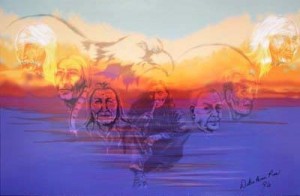
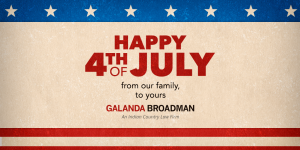



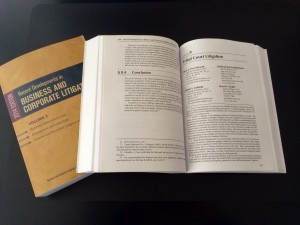
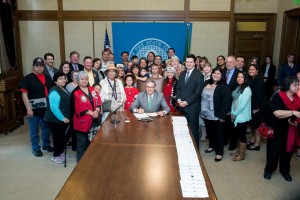


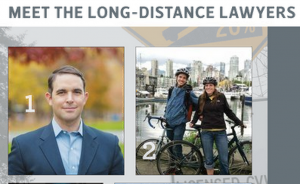
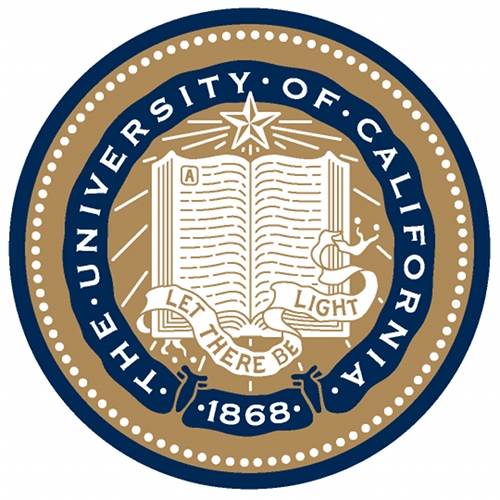 Gabe will speak from two essays recently published by his law firm: “
Gabe will speak from two essays recently published by his law firm: “


